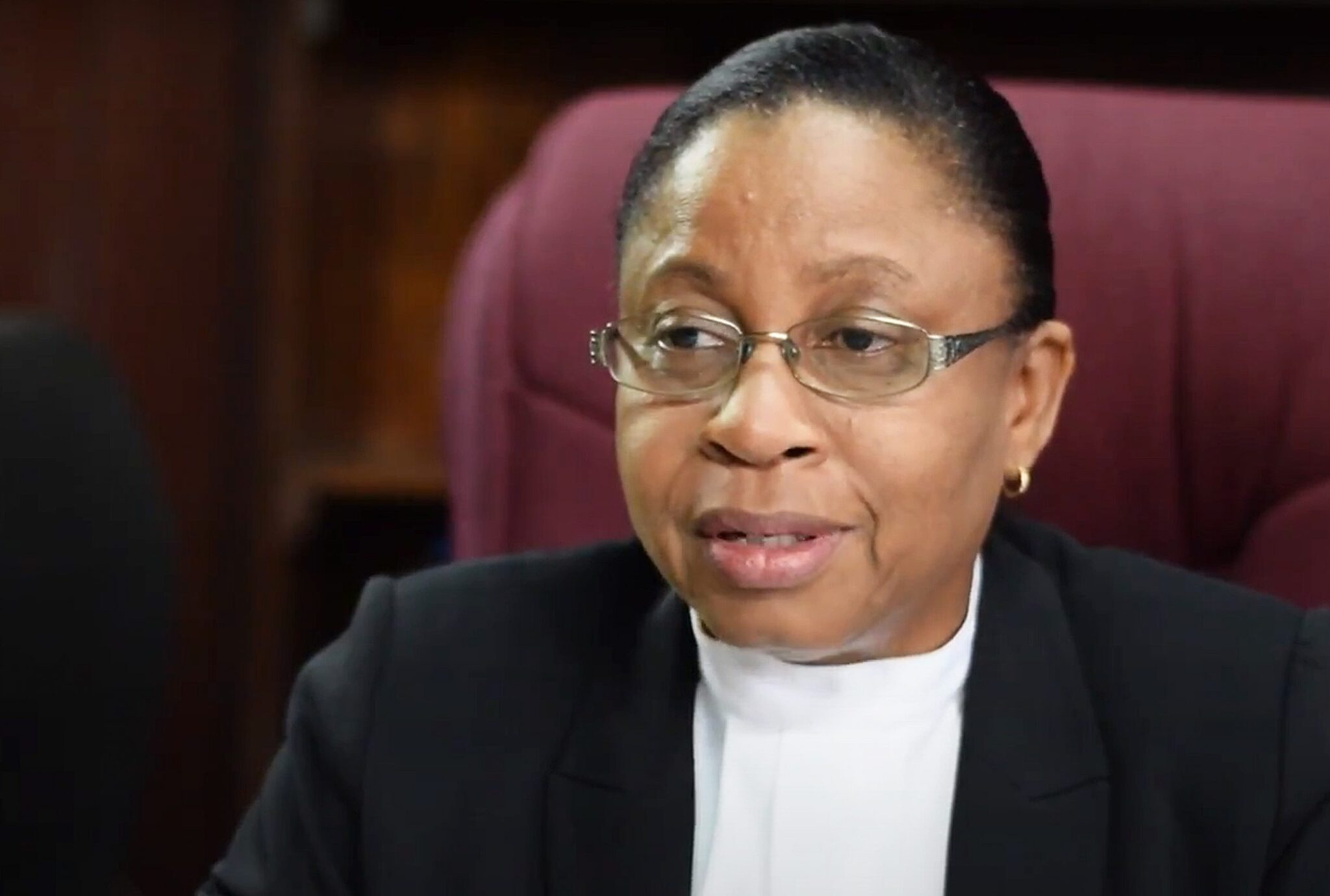Guyana’s Supreme Court has thrown out a lawsuit that challenged an environmental permit granted to ExxonMobil Guyana for its Liza 1 project. The applicants had contended that Guyana’s Environmental Protection Agency (EPA) breached the law when it modified ExxonMobil’s permit. The Court’s Chief Justice (CJ), Roxane George-Wiltshire, said this was not so.
The EPA had modified the permit when ExxonMobil faced public flak for a mechanical mishap that caused it to flare beyond project start-up at the Liza 1 project. The regulator had introduced a US$30 per CO2 fee, to make Exxon pay for the unplanned flaring until it fixed the problem. However, some critics felt the new fee would not be a disincentive to flaring and that it effectively permitted the practice.
Cue this lawsuit.
The case was filed by activists Sinikka Henry, Sherlina Nageer, and Andriska Thorington with their counsel, Melinda Janki, Seenauth Jairam SC and Ronald Burch-Smith.
The trio claimed that the EPA breached the Environmental Protection (EP) Act when it modified the Liza 1 Permit back in May 2021. They also claimed that the new US$30 per CO2 charge for flaring breached the polluter pays principle.
Handing down her judgment, the CJ said the modified Permit did not breach the EP Act and the Regulations, nor has it been proven that the issuance of the Permit gave rise to any additional adverse effect on the environment.
The CJ ruled that the EPA’s implementation of the polluter pays principle in the modified Permit is in compliance with Section 4 (4) (a) of the EP Act.
It is worthy noting that EP Act was drafted in part by a member of the trio’s counsel, Melinda Janki.

The CJ ruled that the case should have been dismissed when it became clear that the applicants were not pursuing most of their claims or had no evidential basis to support them all in relation to a purely academic point.
“The evidence proffered… was confusingly expressed…it consisted of a lot of opinions, either advanced by the applicants or as stated to have been advised by their lawyers…the applicants were cherry-picking what they wanted to rely on to support their case, identifying and relying on clauses or parts in isolation. The documents have to be read holistically and not by focusing on paragraphs that either modified or explained what was meant to be the standard,” the CJ said.
The Agency was represented by Frances Carryl, Shareefah Parks and Niomi Allsopp.
The full copy of the judgement can be found here:



